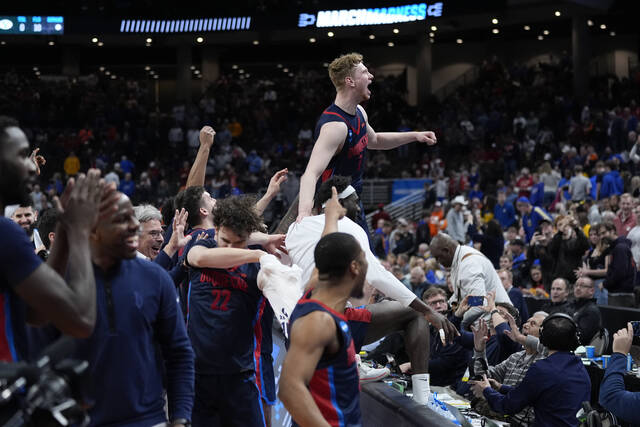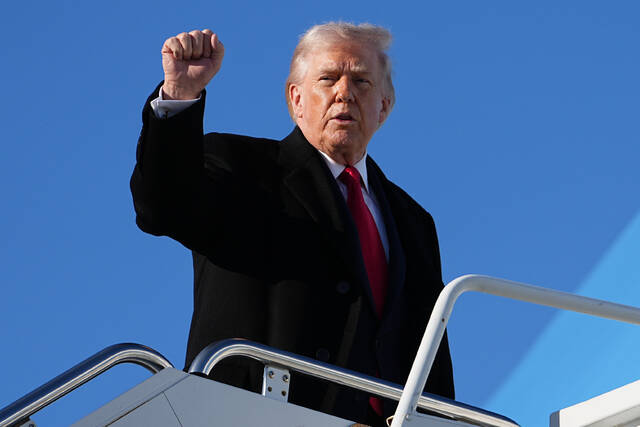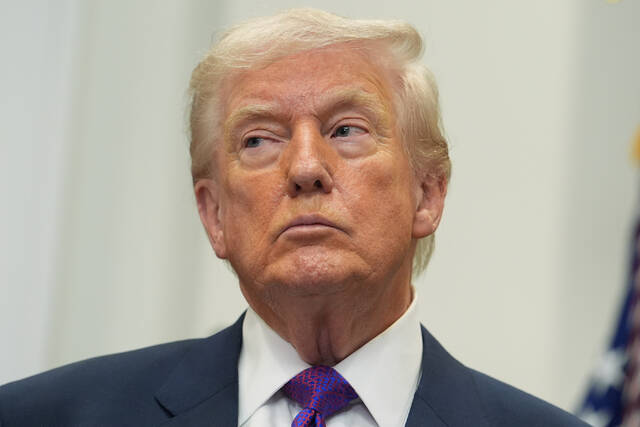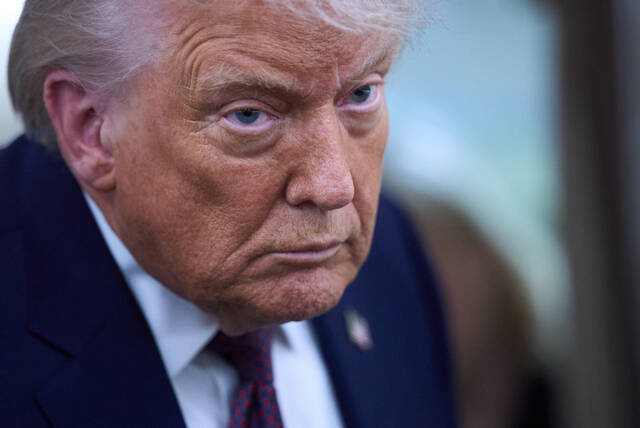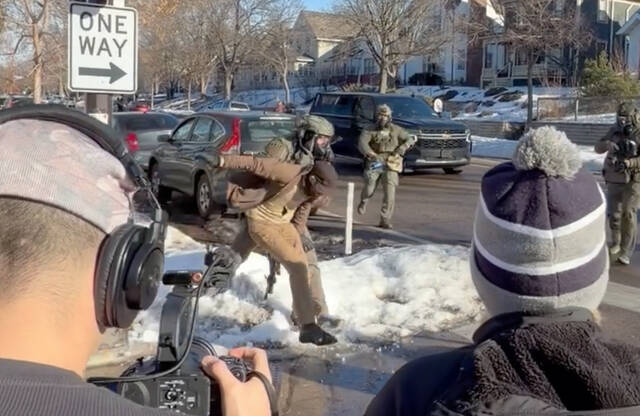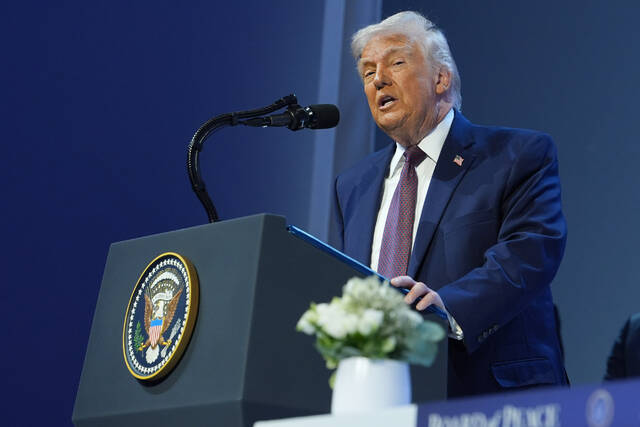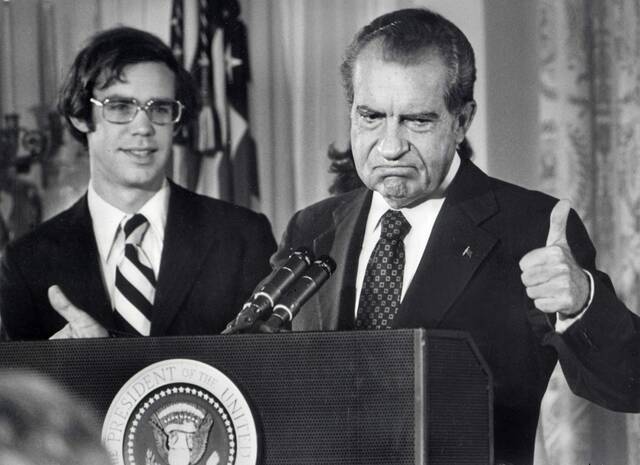Victories are always sweet. And when Duquesne University’s basketball team qualified for this year’s NCAA Tournament, everyone who loves an underdog celebrated. The Duquesne Dukes have been great before, but it has been a while, and this revival was unexpected.
In 1988, in his Los Angeles Times article “Remembering When Duquesne Dukes Were Kings,” Alan Robinson wrote that the Dukes were once “blueblooded royalty, a rich motherlode of great coaches and players that made them one of the top 10 winningest teams in the sport’s history.”
Duquesne played in 15 National Invitation Tournaments and four NCAA Tournaments through the mid-1970s. The team sent 10 players to the NBA or the ABA from 1966 through 1974, but it has produced none after that. Chuck Cooper, the NBA’s first Black player, played for Duquesne.
Because of the Dukes’ national prominence in those days, the team even played an inadvertent role in the U.S. Supreme Court’s 1967 landmark decision in Katz v. United States. It was the dawn of the electronic age, and Katz became the leading case on privacy.
When gambler Charles Katz phoned his bookie and said, “Give me Duquesne minus seven for a nickel,” he was unaware that the FBI had attached a microphone to the roof of the Sunset Boulevard phone booth that he routinely used when he placed his bets. He was arrested and convicted.
The Supreme Court reversed Katz’s gambling convictions, ruling that the FBI should not have listened in without a warrant as Katz placed his bet on Duquesne. The court held that we all have a constitutionally protected “reasonable expectation of privacy.”
Much has changed since then. The sports betting that took so much of law enforcement’s time and effort is now being run by the state. Professional sports leagues and teams share in the revenue generated by online gambling. And, sadly, every kid can place a bet on a cellphone.
Our “reasonable expectation of privacy” is getting harder to protect. According to a 2021 Brennan Center report, “The Fourth Amendment in the Digital Age,” courts are struggling to protect us from the cellphones, smart cars and wearable devices that “create details about our private lives.” Much of that information is now easily available.
The Duquesne basketball program may also have slipped away for several decades, but now the Dukes are back. Just in time. In a city that continues to struggle post-covid, we need the Dukes. We need to know that the underdog can still do it, can still beat the odds.
Many old Dukers think that Mossie Murphy has had something to do with this. Mossie graduated from Duquesne in 1957 and passed away in 1997. He was the crowd-designated cheerleader at every Duquesne basketball game, leading the roar.
John Murray, then president of Duquesne University, said that Mossie bled “red and blue” and served as an unsolicited ambassador for Duquesne “for as long as anyone can remember.”
On his feet and in motion, Mossie whipped the crowd into a happy frenzy. You can see the cheer he created for those games reenacted on You Tube by Duquesne cheerleaders.
So, if you had anything to do with this, Mossie, “SHOO-SHOO, RAH RAH!”


